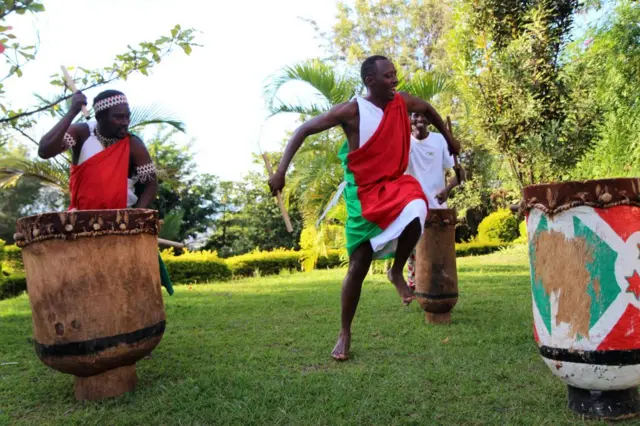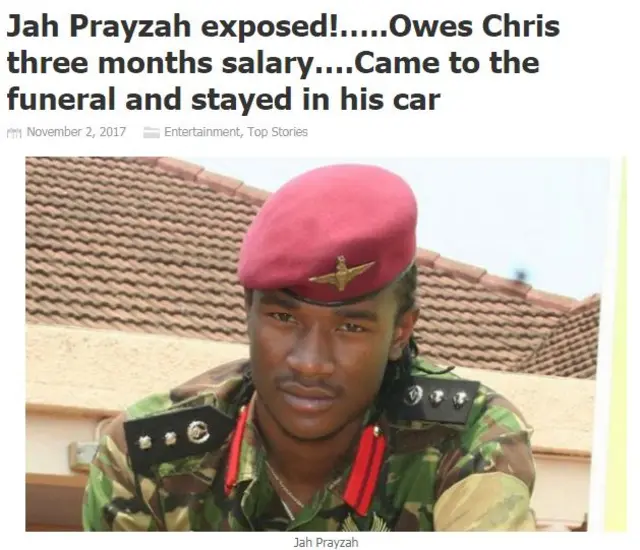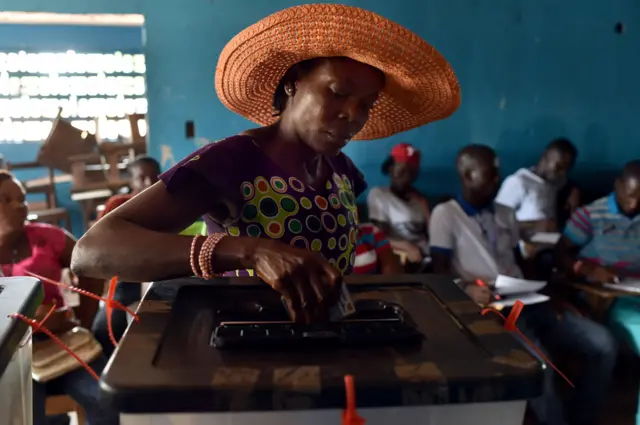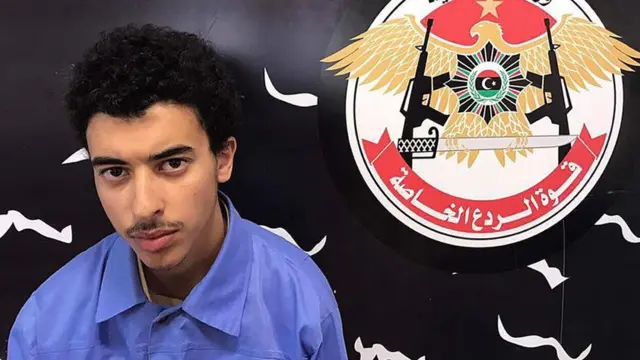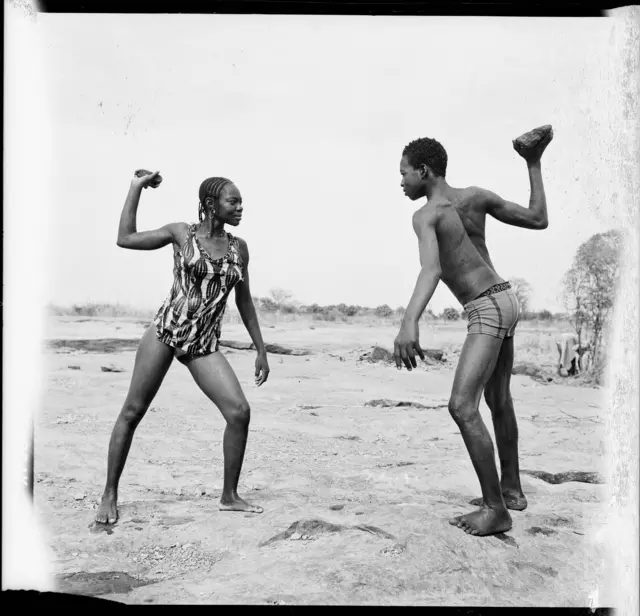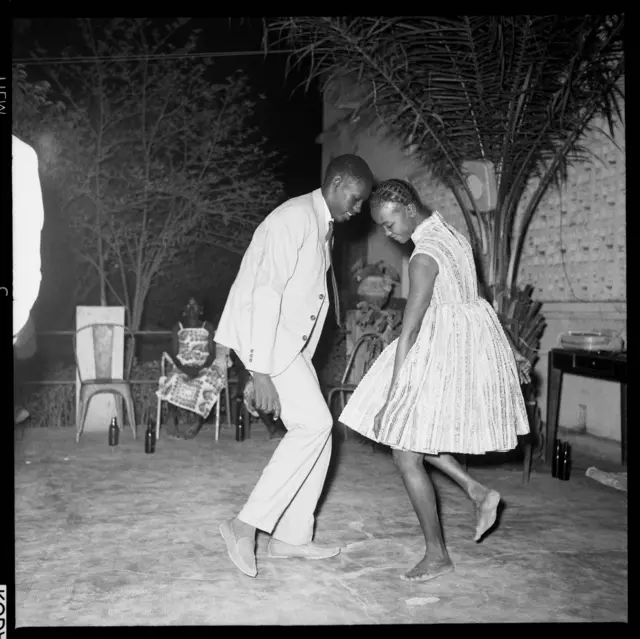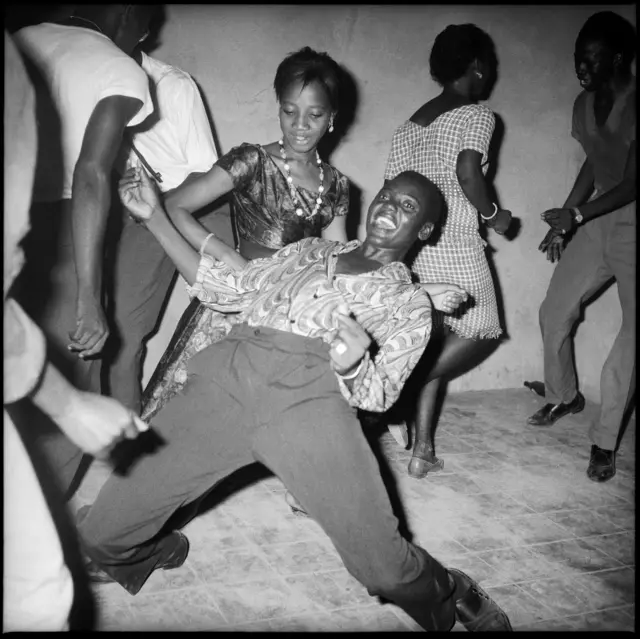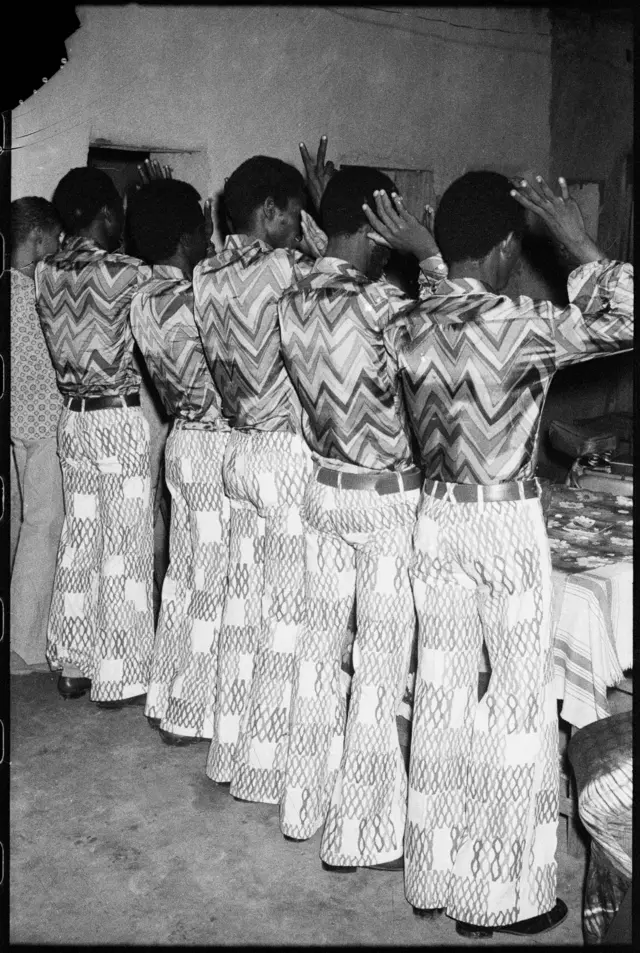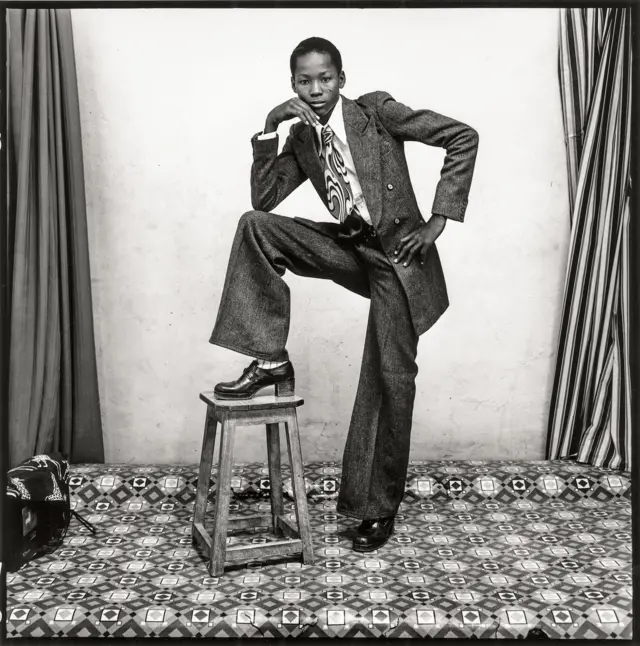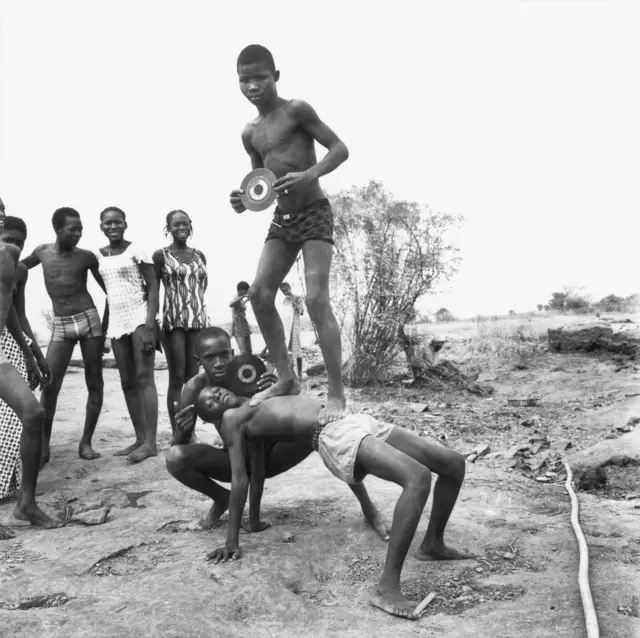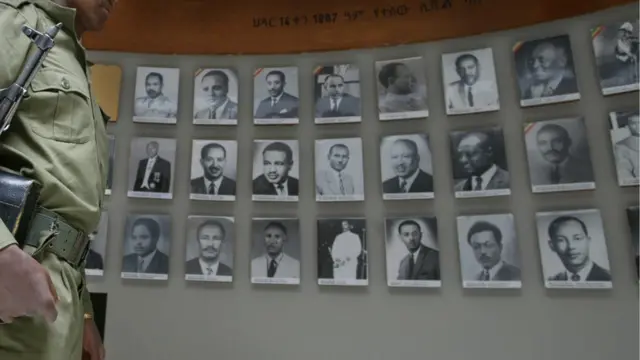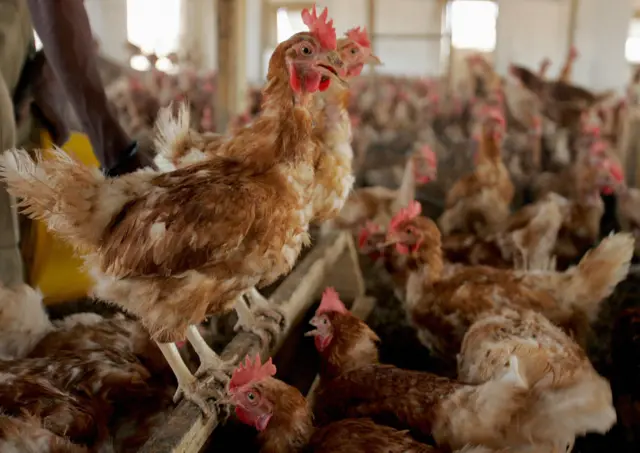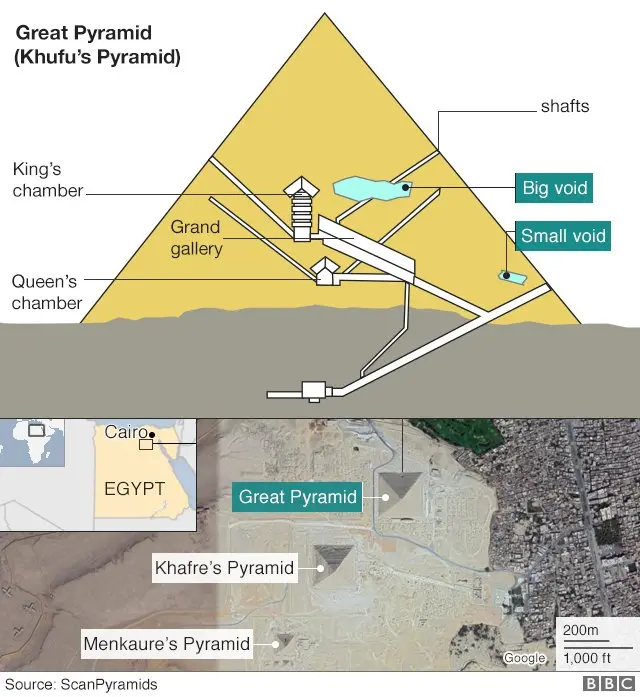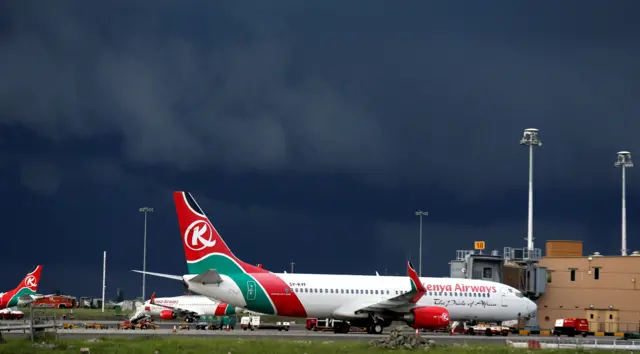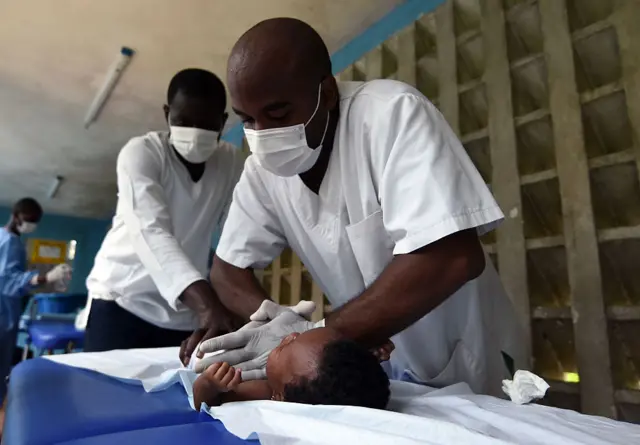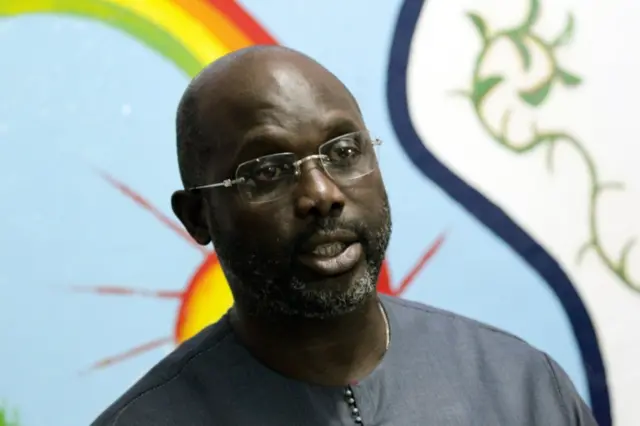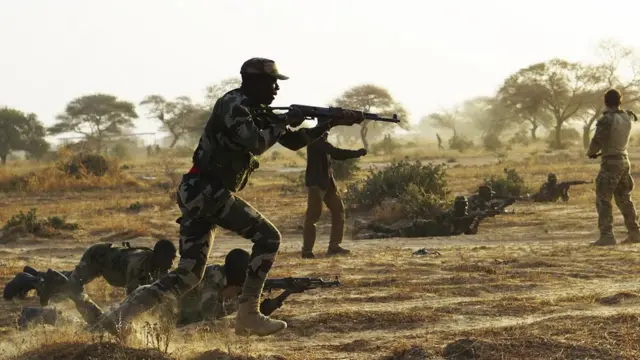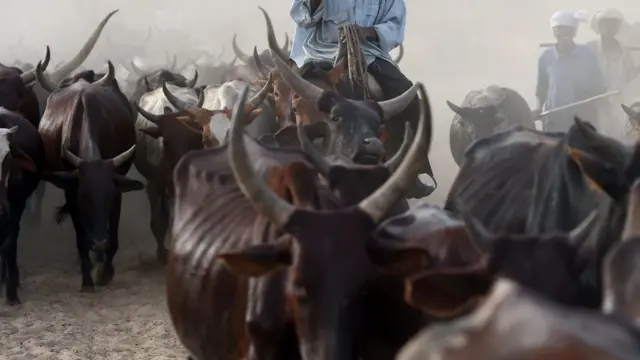Scroll down for Thursday's storiespublished at 18:13 GMT 2 November 2017
We'll be back tomorrow
That's all from BBC Africa Live today. Keep up-to-date with what's happening across the continent by listening to the Africa Today podcast or check the BBC News website.
A reminder of today's wise words:
Quote MessageWisdom is not for one person."
A proverb sent by Kyokwijuka Desmond Misri in western Uganda
Click here and scroll to the bottom to send us your African proverbs.
And we leave you with window cleaners working in Nouakchott, Mauritania:
Allow Instagram content?
This article contains content provided by Instagram. We ask for your permission before anything is loaded, as they may be using cookies and other technologies. You may want to read Meta’s Instagram cookie policy, external and privacy policy, external before accepting. To view this content choose ‘accept and continue’.
